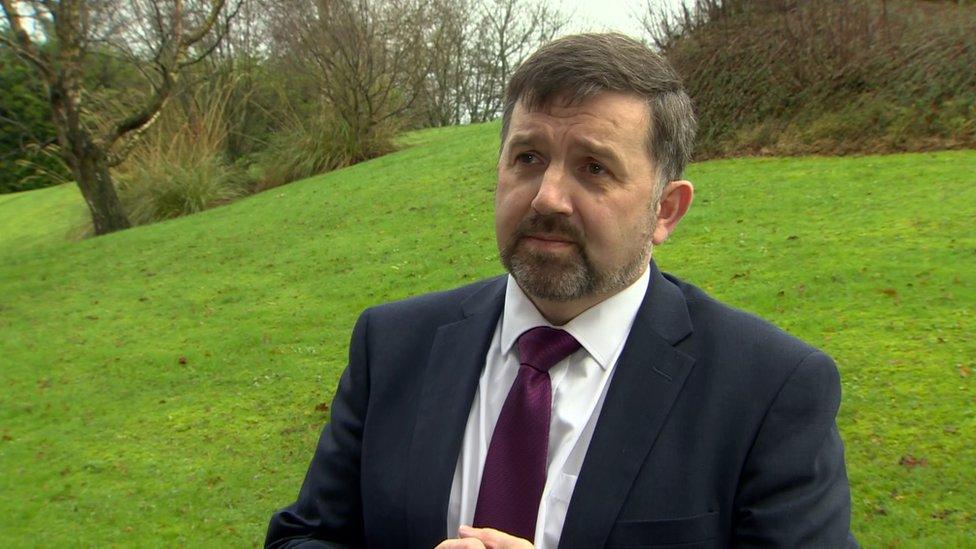Covid-19: Irish ambulances to help out in Northern Ireland
- Published
- comments
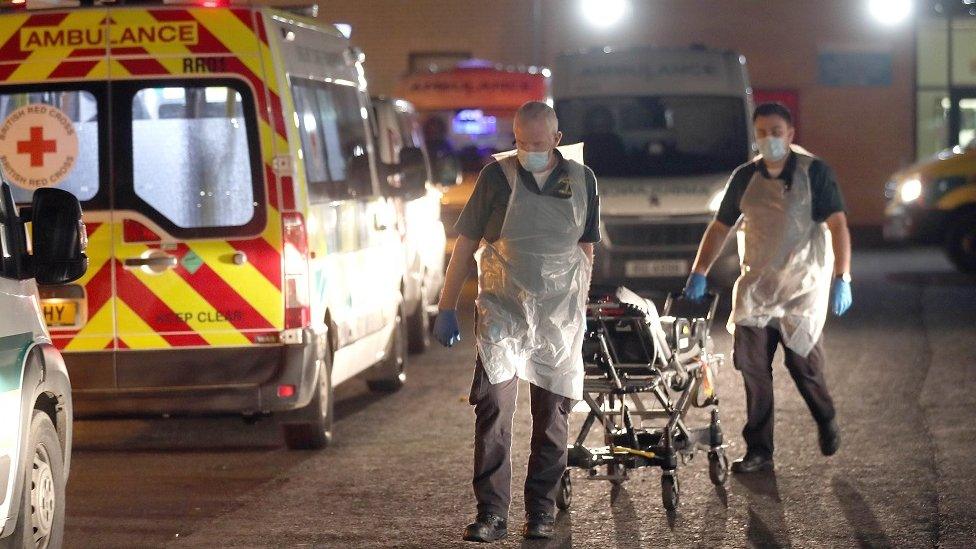
On Tuesday night, doctors treated patients in ambulances with 17 vehicles outside the hospital at one point
Paramedics from the Republic of Ireland's National Ambulance Service (NAS) will be working in Northern Ireland this weekend.
It comes amid severe Covid-19 related pressures on the health service in NI.
Hospitals have faced severe pressures over the past few days, with ambulances queuing outside hospitals.
It is not the first time NAS ambulances have helped out in NI, they assisted during the first wave of the pandemic and also in 2019.
Irish Health Minister Stephen Donnelly said ambulance crews from the Republic of Ireland will "provide support" to the Northern Ireland Ambulance service (NIAS) over the weekend "due to the pressures being experienced".
Allow X content?
This article contains content provided by X. We ask for your permission before anything is loaded, as they may be using cookies and other technologies. You may want to read X’s cookie policy, external and privacy policy, external before accepting. To view this content choose ‘accept and continue’.
The Northern Ireland Ambulance Service said: "This additional capacity is very welcome and NIAS is extremely grateful to our colleagues in NAS and their staff for agreeing to, for the second time over the past 12 months, lend their support at a challenging time."
Earlier on Thursday, the chairman of the British Medical Association (BMA) in NI, Dr Tom Black, said the NI health service faces a "nightmare six weeks ahead"
Dr Black said pressure on the system meant healthcare staff "will have to make moral and ethical decisions they weren't trained for".
"You really don't want to get sick over the next six weeks," he said.
On Tuesday night, doctors treated patients in ambulances with 17 vehicles queued outside Antrim Area Hospital hospital at one point.
Dr Black told BBC Radio Ulster's Good Morning Ulster programme that society must "recalibrate" to remember why the public health guidance is important.
He described the past eight weeks of restrictions as "insufficient."
"I'm really annoyed about the position that the staff in NI have been put under - they're worked to the bone and are now going to have to make choices they should not have to make in a civilised society," he added.
Dr Black said he believed the Republic of Ireland was "coping much better than we are".
The executive is meeting to discuss tougher rules, but Mr Black said he felt NI was "nearly past more restrictions".
Meanwhile, Dr Gabriel Scally, president of epidemiology at the Royal Society of Medicine, told BBC Radio Foyle the executive "needs to be very clear about the seriousness of the situation".
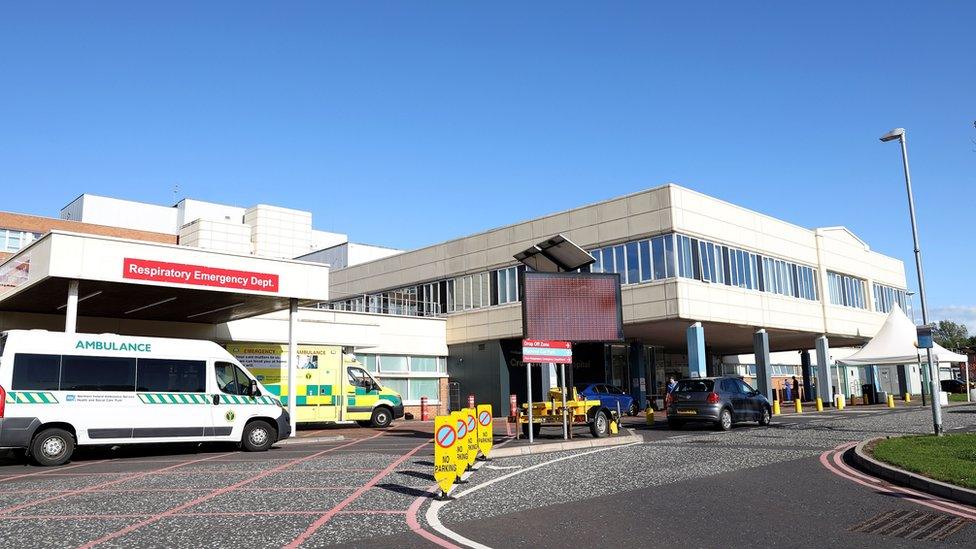
Hundreds of hospital staff from across NI are also isolating for Covid-related reasons
"People shouldn't celebrate Christmas the way we traditionally have done with family gatherings, particularly multi-generational gatherings," he said.
He said he believed bars and restaurants should not be open.
Chief Executive of the Northern Health and Social Care Trust, Jennifer Welsh, also told the programme she knew many families were choosing not to get together over Christmas due to concern about the potential impact on other family members.
"That is the situation my own family is going into and that's the message that I would want to put out," she said.
She added that the emergency department situation had improved slightly but the numbers are still higher than should be expected at this time of year.
"It is concerning in December when we know there is worse to come," she said.
'Carrot and stick'
Meanwhile NI's Chief Nursing Officer Charlotte McArdle, said the lack of access for some families to their relatives in care homes during the pandemic had been a real "concern" for her.
Department of Health officials issued a joint letter on Wednesday to the care home sector urging visits for residents to be facilitated over the Christmas season.
"This letter is our obligation to families, to make sure that people are not left out on their own over Christmas," she said.
"There is a bit of stick in here, but we would much rather a carrot approach, and we will continue to provide support to care homes," she added.
"It's access to families to see their relatives over what is supposed to be a time of family togetherness," she said.
Health Minister Robin Swann had previously said "forceful encouragement" could be necessary if some care homes do not change their visiting arrangements.
If you are reading this page on the BBC News app, you will need to visit the mobile version of the BBC website to submit your question on this topic.
Related topics
- Published16 December 2020
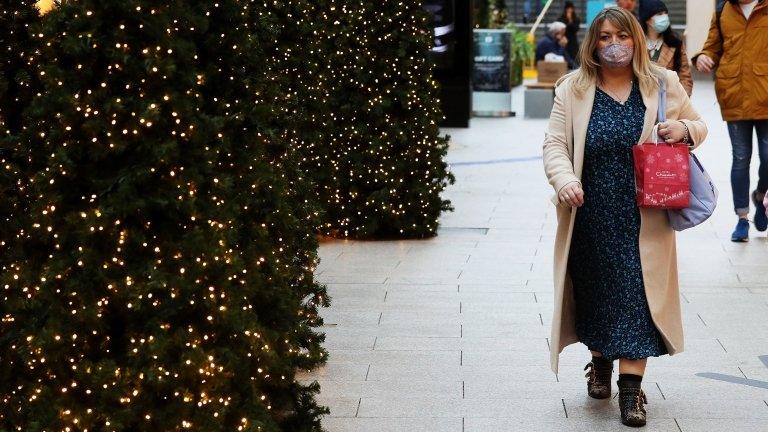
- Published15 December 2020
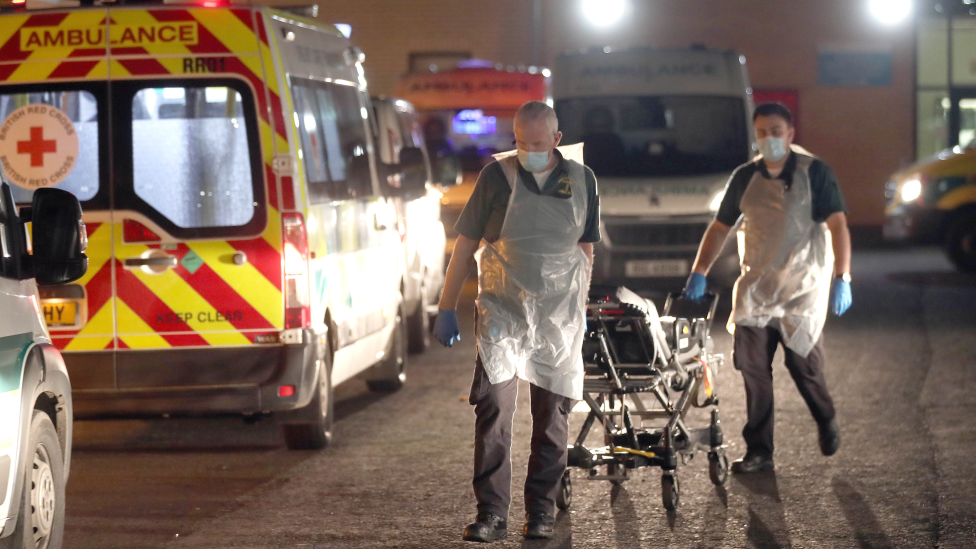
- Published15 December 2020
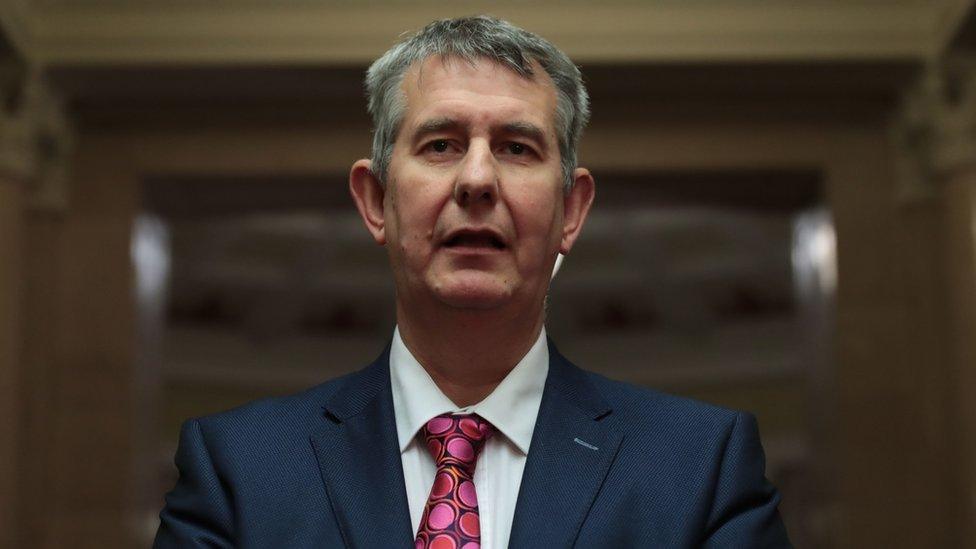
- Published14 December 2020
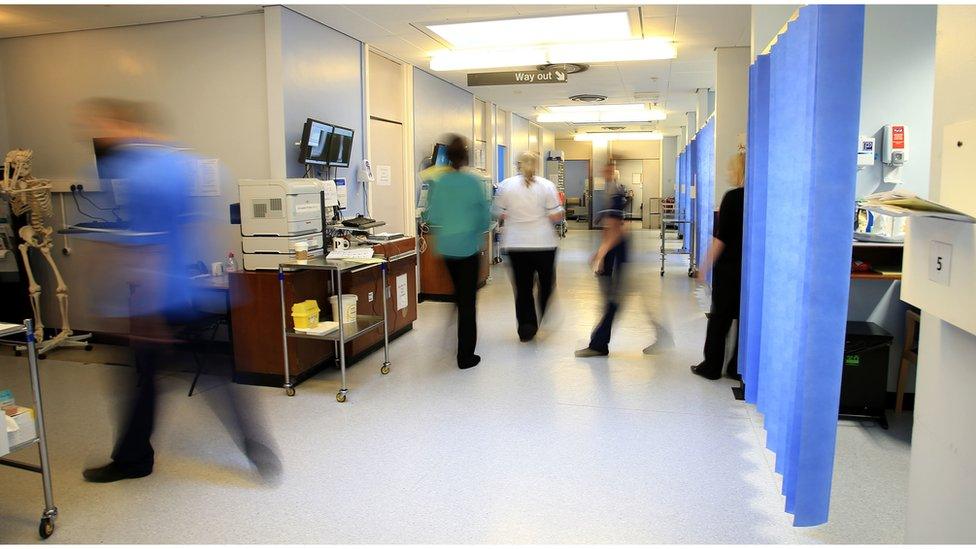
- Published11 December 2020
